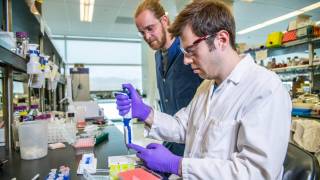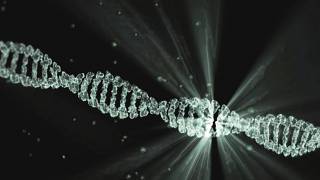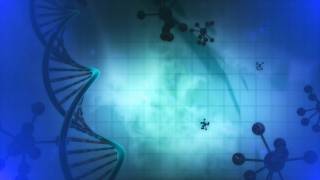Herpes Virus Sheds for Several Months

An Original Investigation reported concerning news for people recently diagnosed with genital herpes simplex virus type 1 (HSV-1).
The peer-review journal The JAMA Network found genital HSV-1 shedding was frequent after the first episode, particularly among individuals with primary infection.
However, HSV-1 shedding declined rapidly during the first year following infection.
Whether the decline in genital HSV-1 shedding over time is due to virologic or immunologic factors was unclear, wrote these researchers.
Characterizing shedding rates is clinically significant because patients with genital herpes are often concerned about transmission to sexual partners, which usually occurs in the absence of lesions, added these researchers.
In this prospective cohort study published on October 22, 2022, there were 82 participants with first-episode genital HSV-1 infection, of whom 42 had primary HSV-1 infection.
Genital HSV-1 shedding was detected in 12.1% of the study participants at two months and declined to 7.1% of days at 11 months.
Most genital shedding was asymptomatic, with genital and oral lesions and oral shedding rare.
This study's findings are essential since the actual prevalence of genital HSV-1 infection is difficult to determine because diagnosis often relies on antibody tests, which cannot differentiate between oral and genital infection.
These infection rates are lower than genital HSV-2 shedding, found on 33.6% of days in persons in the first year after the first clinical episode.
And persists at about 16% of days ten years after genital HSV-2 infection.
Although the threshold quantity of the virus for HSV-1 transmission is unknown, quantities of HSV-2 greater than four log10 copies/mL have been modeled as leading to genital HSV-2 transmission.
Persons who lack HSV antibodies at presentation may be counseled to expect more frequent shedding and recurrences and may be candidates for suppressive antiviral therapy for the initial year of infection, concluded these researchers.
As of October 24, 2022, the U.S. FDA has not approved a herpes vaccine candidate.
However, several herpes vaccines, including one mRNA vaccine, are conducting early-stage clinical research.
PrecisionVaccinations publishes fact-checked, research-based herpes vaccine news manually curated for mobile readers.
Our Trust Standards: Medical Advisory Committee
























